
There’s something satisfying about fixing things around your home. With a few tools, some determination, and a bit of YouTube guidance, you can sometimes fix things without waiting for outside help.
Plumbing sits in a grey area between weekend projects and professional trade. The question many homeowners face is: when should you try to fix it yourself, and when should you call in a licensed plumber?
Let’s dive into the pros and cons of both to help you make a decision next time your pipes act up.
The Appeal of DIY Plumbing
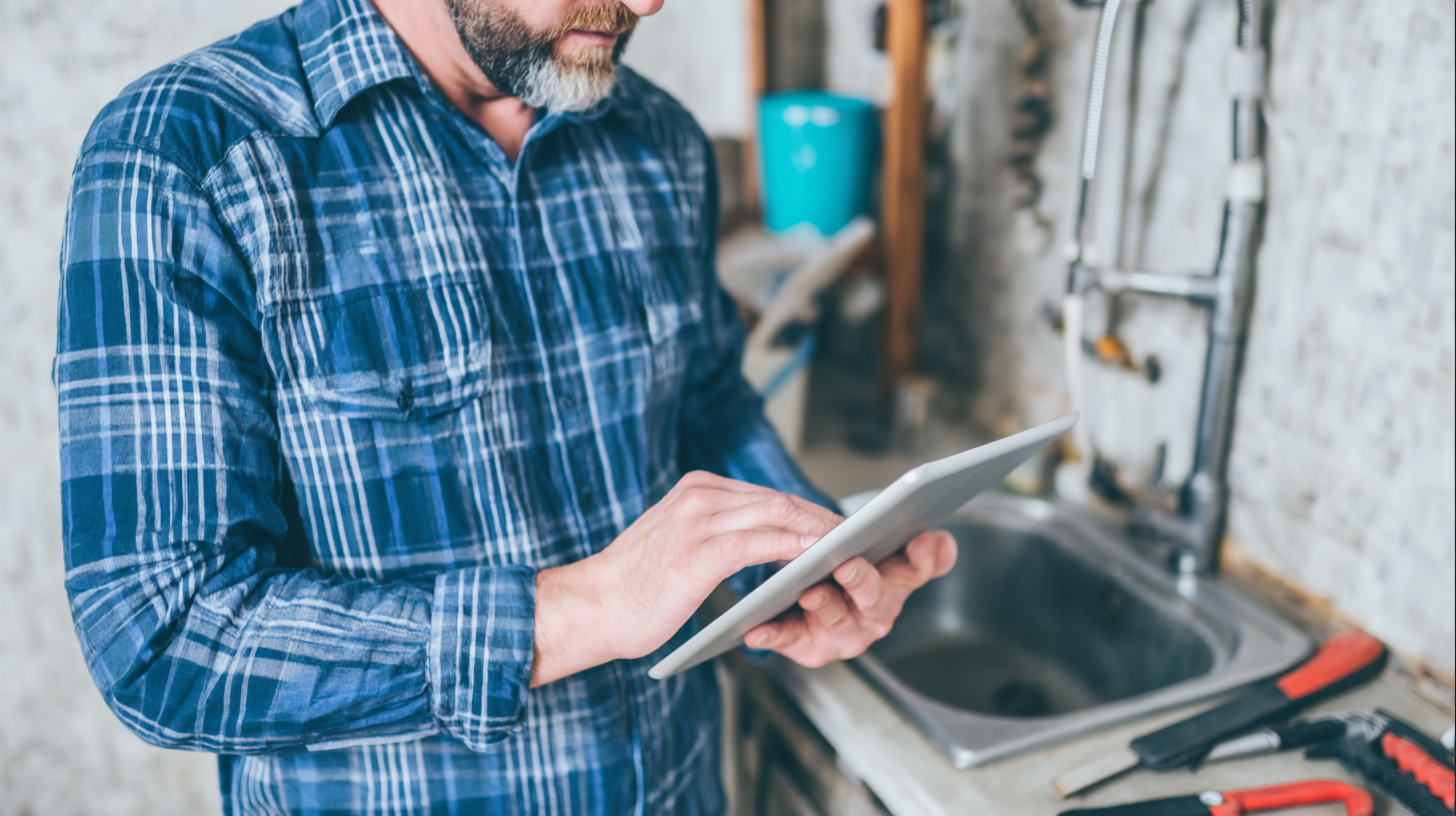
Source : RenoQuotes
1. Cost Savings
The biggest reason people reach for the wrench themselves is to save money. Professional plumbing services aren’t cheap—emergency calls or work done after hours can cost a premium. For minor fixes like a clogged sink or a dripping tap, it’s tempting to skip the call out fee and do it yourself.
2. Immediate Action
DIY plumbing means you’re not waiting for someone to fit you into their schedule. If your toilet isn’t flushing or your shower is draining slowly, you can get started on the fix straight away. No need to wait around or take time off work.
3. Learning Opportunity
Fixing things yourself builds confidence and skills. Once you’ve cleared a blockage or replaced a washer, you may find yourself more capable the next time an issue arises. Over time, homeowners who do basic plumbing maintenance save money and feel more in control of their home’s systems.
4. Plenty of Resources
Today you’re never really “on your own”. With endless how-to guides, videos, and forums online, many minor plumbing repairs are well documented and supported by real-world advice. It’s easier than ever to research your problem and follow a step-by-step solution.
The Risks of DIY Plumbing

Source : RenoQuotes
Despite the benefits, there’s a reason plumbing is a licensed trade. Not all problems can—or should—be fixed without proper training.
1. Hidden Problems
What seems like a simple issue can sometimes be a symptom of something more serious. For example, a slow drain could be due to tree root intrusion or damaged pipes underground. Fixing the visible problem may give you temporary relief, but the underlying issue will get worse over time.
2. Risk of Damage
Improper repairs can lead to leaks, burst pipes, or water damage to walls and floors. In some cases, a small mistake—like over tightening a fitting or using the wrong sealant—can cost thousands of dollars to fix. Water damage is particularly sneaky and expensive if not addressed promptly and correctly.
3. Legal and Insurance Issues
Many local councils or states have regulations about who can legally do certain plumbing jobs. Installing or altering water heaters, sewer lines, or gas fittings usually requires a licensed professional. If you DIY beyond what’s legally allowed, you may invalidate your home insurance or run into trouble when you sell your home later.
4. Safety Concerns
Water and gas systems are dangerous. A gas leak or cross contamination of drinking water is no small matter. Unless you’re certain what you’re doing, it’s better to leave these jobs to someone who’s trained and insured.
When It’s OK to DIY
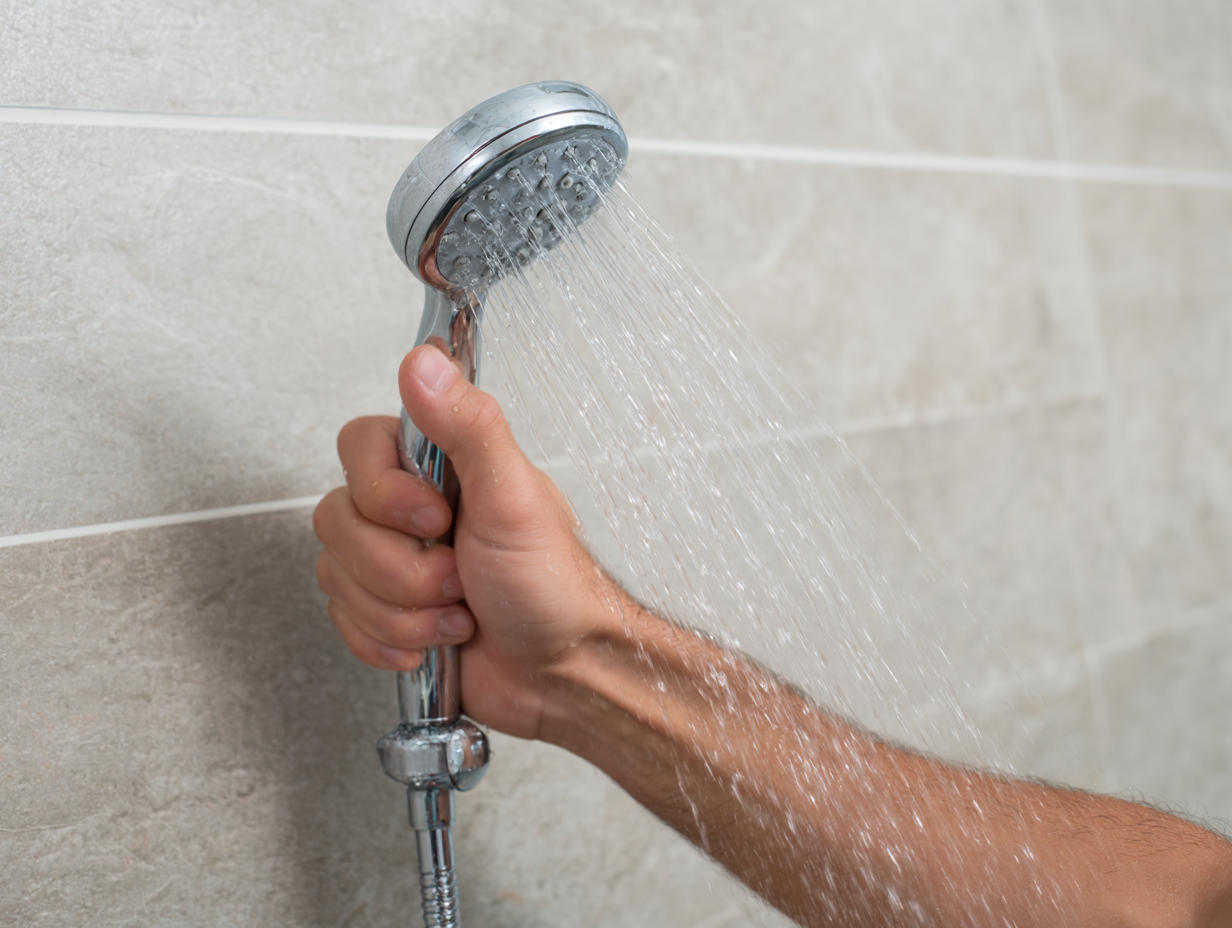
Source : RenoQuotes
Some plumbing jobs are safe and manageable for homeowners with basic tools and a willingness to learn. Here are a few examples:
● Unclog drains using a plunger or drain snake
● Replace tap washers or cartridges to fix drips
● Fix a running toilet, often caused by a faulty flapper or fill valve
● Install a new shower head
● Tighten loose fittings under sinks
These jobs are generally low risk and don’t involve major system changes. Still, always do your research beforehand and turn off the water supply if necessary before starting any repair.
When You Should Call a Professional Plumber
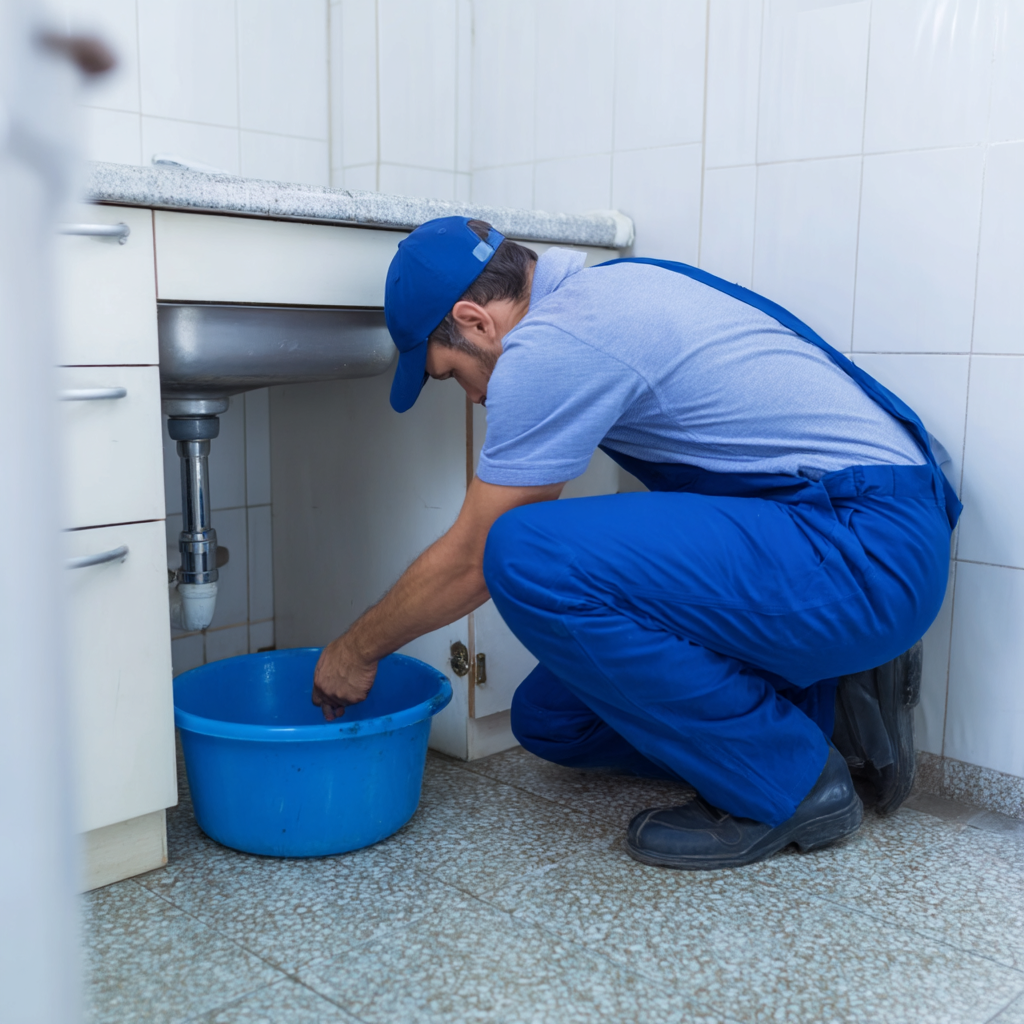
Source : RenoQuotes
If the job is more complex than you’re comfortable with, it's time to get expert help. Here are some situations where calling a licensed plumber is the smart move:
● Major leaks or burst pipes
● Hot water system issues or replacements
● Sewage smells, slow drains in multiple areas, or backflow issues
● Renovations involving plumbing, such as bathroom or kitchen upgrades
● Install new toilets, sinks, or dishwashers
● Low water pressure across your home
● Gas plumbing, which is always a job for licensed professionals
Professional plumbers not only know how to do the job safely and to code, but they can also spot potential issues that might be missed by someone less experienced. They have insurance and warranties so you can have peace of mind that the job will be done right.
The Bottom Line
While hiring a professional might feel like a hit to your wallet in the short term, it often saves money in the long term. Consider the cost of water damage, mould remediation, or a botched DIY repair that has to be redone. A good plumber does more than just fix the current problem; they help prevent future ones.
Still, there’s no denying that basic plumbing knowledge can be empowering and budget friendly. For homeowners who take the time to learn the basics and work within their limits, DIY plumbing has a place to play.
Finding a Balance
It doesn’t have to be all or nothing. Many people find a hybrid approach works best. Take care of the basics yourself but don’t hesitate to call in a pro when the job requires special tools, permits, or experience.
If you do hire a plumber, look for someone licensed and insured. Check reviews, ask for quotes in writing, and don’t be afraid to ask questions about the work being done. A good plumber will be transparent and happy to explain things to you.
Knowing When to DIY and When to Call the Experts Could Save Your Home—and Your Wallet
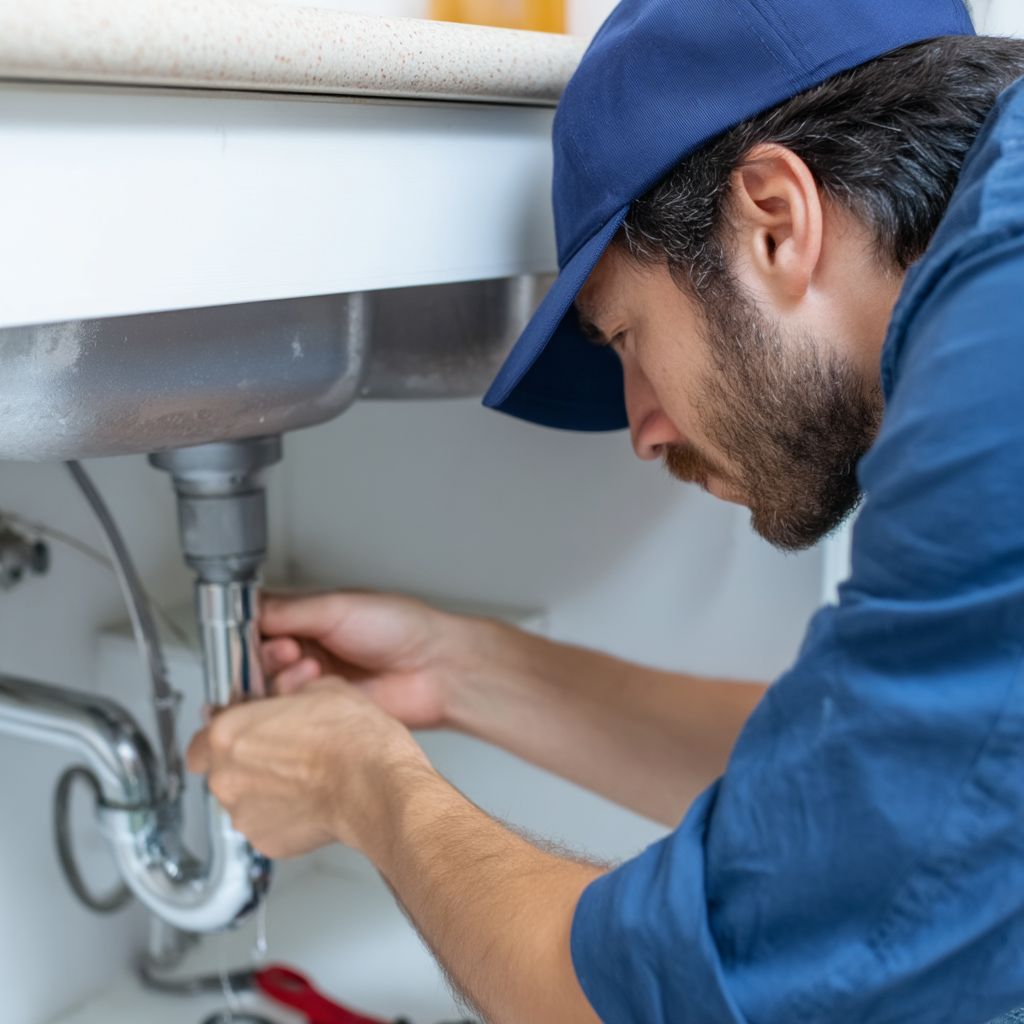
Source : RenoQuotes
Plumbing is one of those household systems we rarely think about until something goes wrong. And when it does, deciding whether to roll up your sleeves or pick up the phone can feel like a big decision. With a clear understanding of your skills, the problem at hand, and what’s legally allowed, you can make a safe and cost effective decision.
DIY plumbing can be rewarding and budget friendly—when done wisely. But for anything beyond the basics, it’s worth remembering water and gas aren’t very forgiving. In the end, peace of mind often comes with calling a professional.
Looking for something else?
Related articles
The latest industry news, interviews, technologies, and resources.
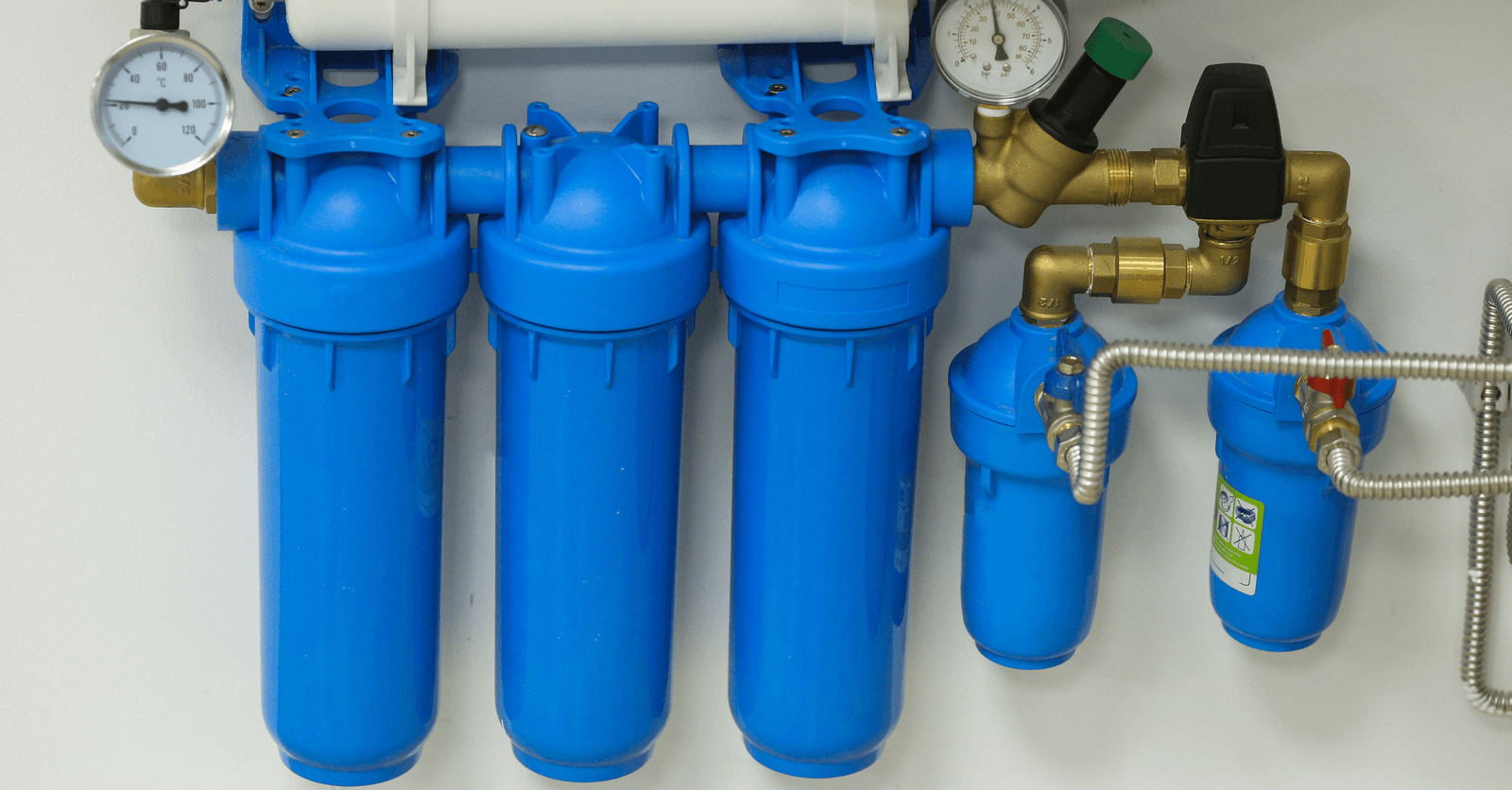
Editorial Team
•08 Nov 2023
Water is one of the most prevalent resources available in Quebec, and it allows us to carry out most of our daily tasks. From gardening to showering, by way of drinking water and for cooking purposes, quality water is of utmost importance, need I say more?

Amanda Harvey
•28 Oct 2024
Imagine arriving home in the dead of winter after a long day of work and all you’re hoping for is a hot bath. You turn on the faucet and prepare for steaming water to stream out, but nothing happens. What’s the problem? Are your pipes frozen? Is something obstructing water flow? Is your water heater dead? When winter rears its ugly head, plumbing problems escalate, making it difficult to pinpoint where the issues might be coming from.

Editorial Team
•08 Aug 2025
Thinking about building or renovating a home in Quebec? Wondering who’s responsible for insuring the site, what types of coverage you need, or whether you’re protected in the event of water damage, theft, or delays? Whether you’re a contractor, a business owner, or a future homeowner, understanding construction insurance is essential to protecting your investment. This guide walks you through the key policies—like builder’s risk, wrap-up liability, and equipment breakdown coverage—and explains how the GCR warranty protects buyers of new homes. You’ll also learn what kind of insurance is needed for self-build projects, and which risks are commonly excluded.

Léa Plourde-Archer
•08 Feb 2025
We have been working more seriously to go forward with our renovation project for about a month and a half. It should be noted that the work needs to start in January and be completed around the beginning of March, so we don't have any time to waste!

Léa Plourde-Archer
•08 Nov 2023
Summer has just started and you’re already thinking about moving to the far North to escape the heat and humidity? Don't fret, we're here to help you figure out which air conditioning system is best adapted to your needs and to your budget.